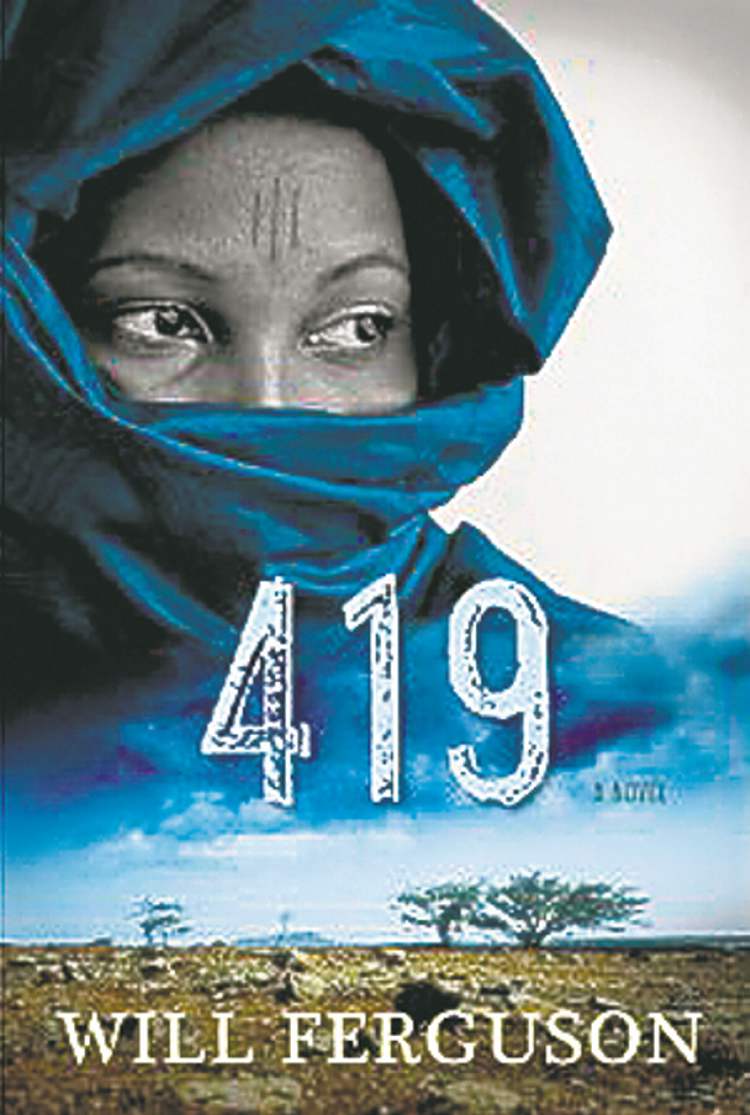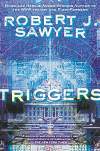Ferguson’s revenge novel will appeal to everyone
Advertisement
Read this article for free:
or
Already have an account? Log in here »
To continue reading, please subscribe:
Monthly Digital Subscription
$0 for the first 4 weeks*
- Enjoy unlimited reading on winnipegfreepress.com
- Read the E-Edition, our digital replica newspaper
- Access News Break, our award-winning app
- Play interactive puzzles
*No charge for 4 weeks then price increases to the regular rate of $19.00 plus GST every four weeks. Offer available to new and qualified returning subscribers only. Cancel any time.
Monthly Digital Subscription
$4.75/week*
- Enjoy unlimited reading on winnipegfreepress.com
- Read the E-Edition, our digital replica newspaper
- Access News Break, our award-winning app
- Play interactive puzzles
*Billed as $19 plus GST every four weeks. Cancel any time.
To continue reading, please subscribe:
Add Free Press access to your Brandon Sun subscription for only an additional
$1 for the first 4 weeks*
*Your next subscription payment will increase by $1.00 and you will be charged $16.99 plus GST for four weeks. After four weeks, your payment will increase to $23.99 plus GST every four weeks.
Read unlimited articles for free today:
or
Already have an account? Log in here »
Hey there, time traveller!
This article was published 07/04/2012 (4962 days ago), so information in it may no longer be current.
This is for those who have received Nigerian email scams and want a measure of revenge. In other words, it is for all.
Calgarian Will Ferguson has written a sprawling but beautiful third novel. It is a mixture of intrigue, storytelling, parenthood, sorrow, vengeance and fun. It reads a little bit like a Ludlum spy saga, a little bit like a Dickens character novel, a little bit like an Oscar-seeking movie.
Ferguson, not yet 50, has written more than a dozen books and has consistently reached into diverse genres. He has written essay compilations (most famously, Why I Hate Canadians in 1997). He has written travelogues.

He has written two other novels, the first the Leacock Medal-winning Generica (2001), about a self-help book that ironically works and just about causes the Apocalypse.
He has written memoir-style validations and incriminations of things Canadian and things international. He has written alone, he has written in tandem, and he has become a prominent public personality sought after as a book-lover, a Canada-lover and simply a very funny person.
Among other awards, he has three times won the Leacock award for humour. He has become a kind of funny Canadian literary powerhouse.
But this is not a particularly funny book. At least not in usual Ferguson fashion.
Its odd title (read as “four-one-nine”) refers to the infamous Internet scam that emerges from Nigeria.
Everyone has received the email from Nigeria that solicits a little bit of your money or private information in exchange for millions and millions of dollars in promised transfer.
“419” is the number in the Nigerian criminal code that “deals with obtaining money or goods under false pretenses.” More, 4-1-9 “refers to any sort of ruse or swindle.” It is therefore a cypher for “scam.”
The moment one realizes this as a reader is the moment one wonders and worries whether Ferguson is himself scamming his reader. He has done this before.
The novel is written in very segmented fashion, weaving together a bunch of different stories that diverge from and finally converge on a central, opening story about the car accident death of a father in an anonymous Canadian city and the dispute about whether it was accidental, homicidal or suicidal.
It turns out the beloved father had indeed been 419-ed. His son, Warren, wants immediate cyber revenge. His daughter, Laura, an unassuming copy editor, becomes frustrated with the police investigation and sets out on an uncomfortable quest to Nigeria to solve the matter herself.
Two other characters move in and out of the action: an initially unnamed pregnant woman accustomed to nothing but walking who ambles away from her desert lands in West Africa and an initially unnamed young man in a Niger Delta racked by oil companies and violence who too suffers for his father’s pain and death.

Only in the last quarter of the novel do the stories meet. Tricks happen.
But the book also weaves in genres in intricate waves: many of its 126 sections begin, as the whole book does, with wistful asides. And the book is peppered by reproduced email correspondences.
Ferguson clearly tried to fashion an elaborate yarn that feels real and impels forward. In style and structure, he designed it as a page-turner. He succeeds fully.
This is a book therefore about fast scams and fast scamming. It is a book, however, about a distant people who laugh at us.
Those who have read Ferguson before will be comfortable with this comic twist: he loves to write about duping and laughing and does it very well. He just did it the other way around this time.
Laurence Broadhurst teaches in the faculty of arts at the University of Winnipeg.



